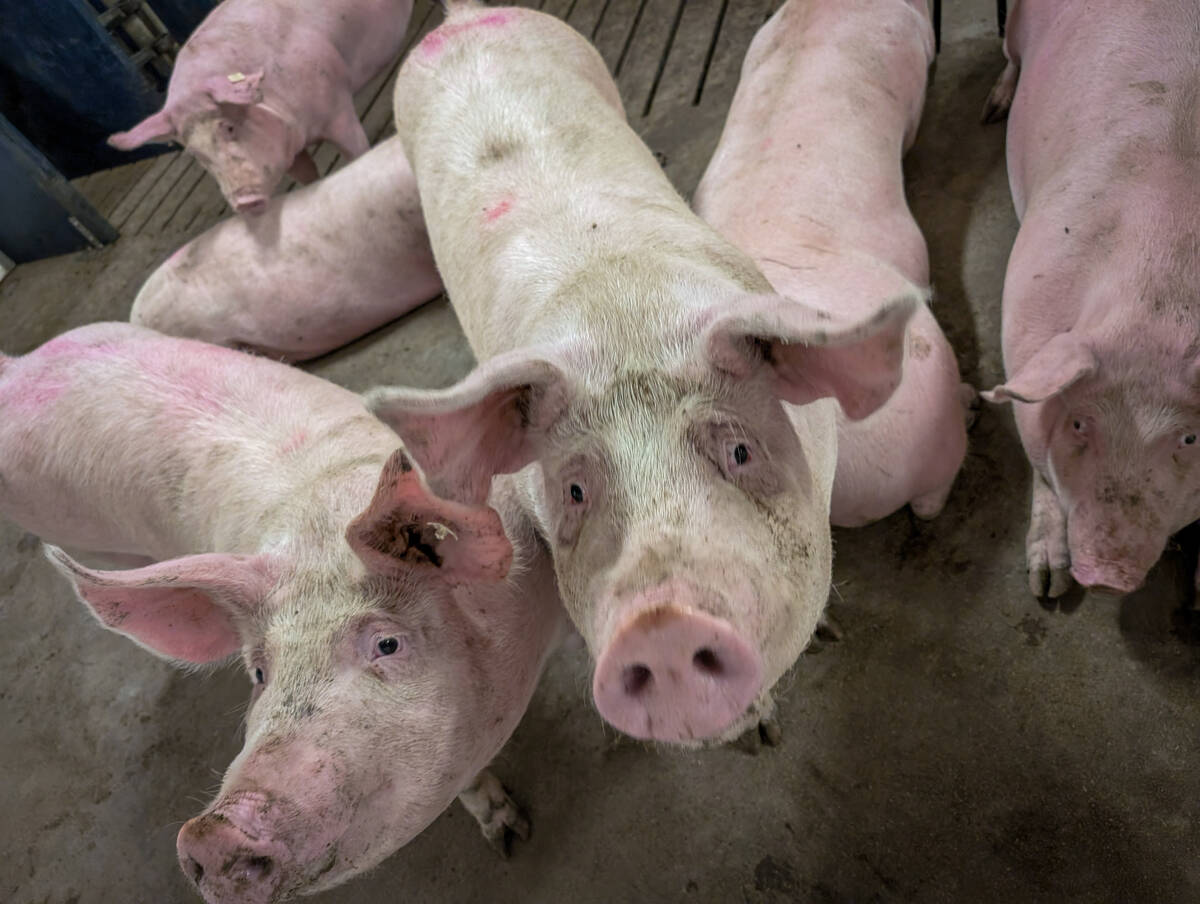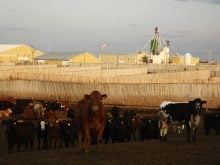Negotiations are underway with Russia to accept live Canadian breeding cattle and boneless beef.
Russian officials will provide a list of accepted meat products after they tour Canadian facilities. Health certificates required for dairy and beef cattle exports are under discussion.
“Their visit will be taking place soon,” said Julie Palmondin, Agriculture Canada spokesperson.
She did not know if negotiations are restricted to beef from cattle younger than 30 months but said Canada is anxious to start supplying that market as soon as possible.
Read Also

Pork sector targets sustainability
Manitoba Pork has a new guiding document, entitled Building a Sustainable Future, outlining its sustainability goals for the years to come.
“It is a good potential market we want to develop,” she said.
Rick McRonald said this announcement could have a domino effect if other countries resume full trade with Canada.
“This is the culmination of a lot of work that has been done over the last couple of years to get health certificates and cattle back into Russia again,” said McRonald, executive director of the Canadian Livestock Genetics Association.
“This opens the door for exporters who can start discussions with potential purchasers,” he said Oct. 23.
Once they are known, the requirements for export will be posted on the Canadian Food Inspection Agency website.
Russia is expanding its dairy herd and has been importing cattle from Europe but wants to bring in new bloodlines from Canada. Interest in trade with Canada resumed after a three year blackout when borders closed due to BSE in 2003.
“It really started to pick up momentum when Dr. Brian Evans (of the CFIA) met with Russian officials at the OIE (world animal health agency) meeting last fall,” he said.
Changes to how a country reports and resumes trade after discovering BSE have been under discussion at the world animal health organization for two years.
The OIE states trade in beef is safe as long as a country practises preventive measures such as removing specified risk materials from carcasses. It must also uphold an animal feed ban to keep these products out of rations.
Officials spent three days negotiating in Moscow and two days in the Ukraine, where there is renewed interest in importing meat sheep genetics.
Russian imports of Canadian breeding cattle and beef were more than $4 million before 2003. In 2002, Russia imported 4,746 tonnes of beef and veal products, of which 4,423 tonnes were frozen livers and offal.

















